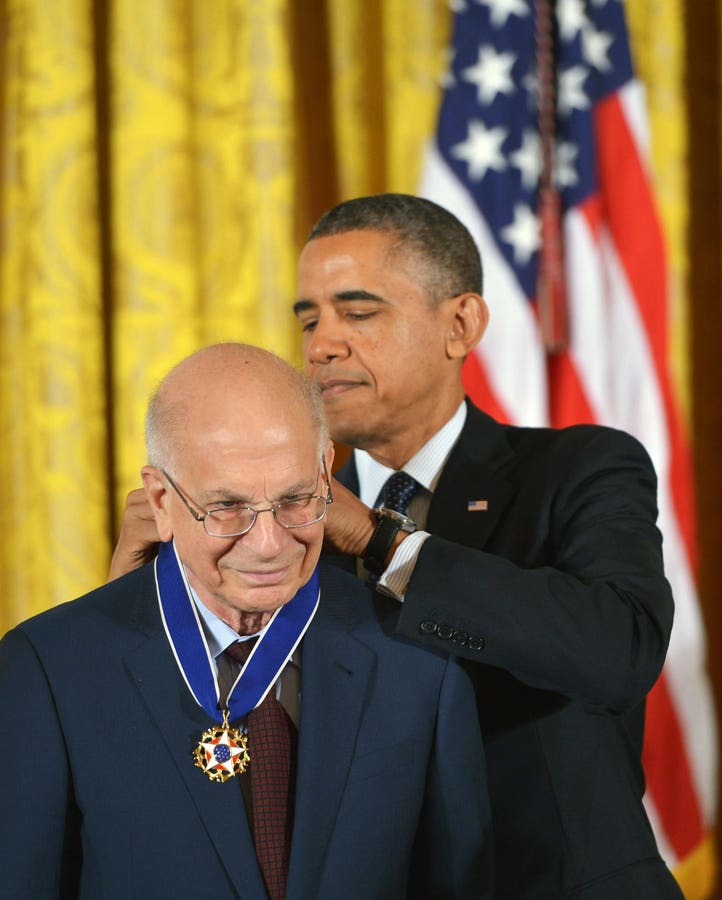Renowned psychologist and Nobel Prize-winning economist Dr. Daniel Kahneman passed away at the age of 90, leaving behind a rich legacy of research that continues to impact society in significant ways. Known for his groundbreaking work in behavioral economics, Kahneman challenged the conventional wisdom that people always act in their best interest when making decisions. Along with his research partner Amos Tversky, he demonstrated how our emotional biases often lead us to make poor choices, particularly in areas like finance.
Kahneman’s book, “Thinking Fast and Slow,” has become a must-read for anyone seeking to understand the complexities of decision-making in the 21st century. Through his research, he shed light on the role of our reptilian brain in triggering biased responses that can hinder our ability to make sound judgments about money, investments, and other important matters. He emphasized the importance of being aware of these biases and taking a more rational and deliberate approach to decision-making.
One of the key takeaways from Kahneman’s research is the concept of saving more tomorrow, a program developed by Professors Shlomo Benartzi and Richard Thaler to help employees increase their savings in retirement accounts. By automating the savings process and gradually increasing contributions over time, individuals can overcome the inertia that often prevents them from saving more. Kahneman also highlighted the detrimental effects of overconfidence, cautioning against relying on false beliefs and “useful fictions” that can lead to irrational actions and financial losses.
Kahneman’s work has inspired advancements in choice architecture, which focuses on designing decision-making processes that rely more on logic and less on emotion. By understanding the interplay between System 1 (intuitive and emotional) and System 2 (deliberate and rational) thinking, individuals can learn to override their biases and take a more thoughtful approach to important decisions. This involves being humble, slowing down, and carefully weighing the facts before making choices that can have long-term consequences.
Despite the challenges posed by our innate biases and emotional responses, Kahneman’s research offers a path towards better decision-making and ultimately, greater financial well-being. By embracing a more deliberate and logical approach to choices, individuals can avoid common pitfalls and set themselves on a path towards financial success. Kahneman’s legacy will continue to inspire individuals to think critically, consider the facts, and make informed decisions that lead to better outcomes in all areas of life.


